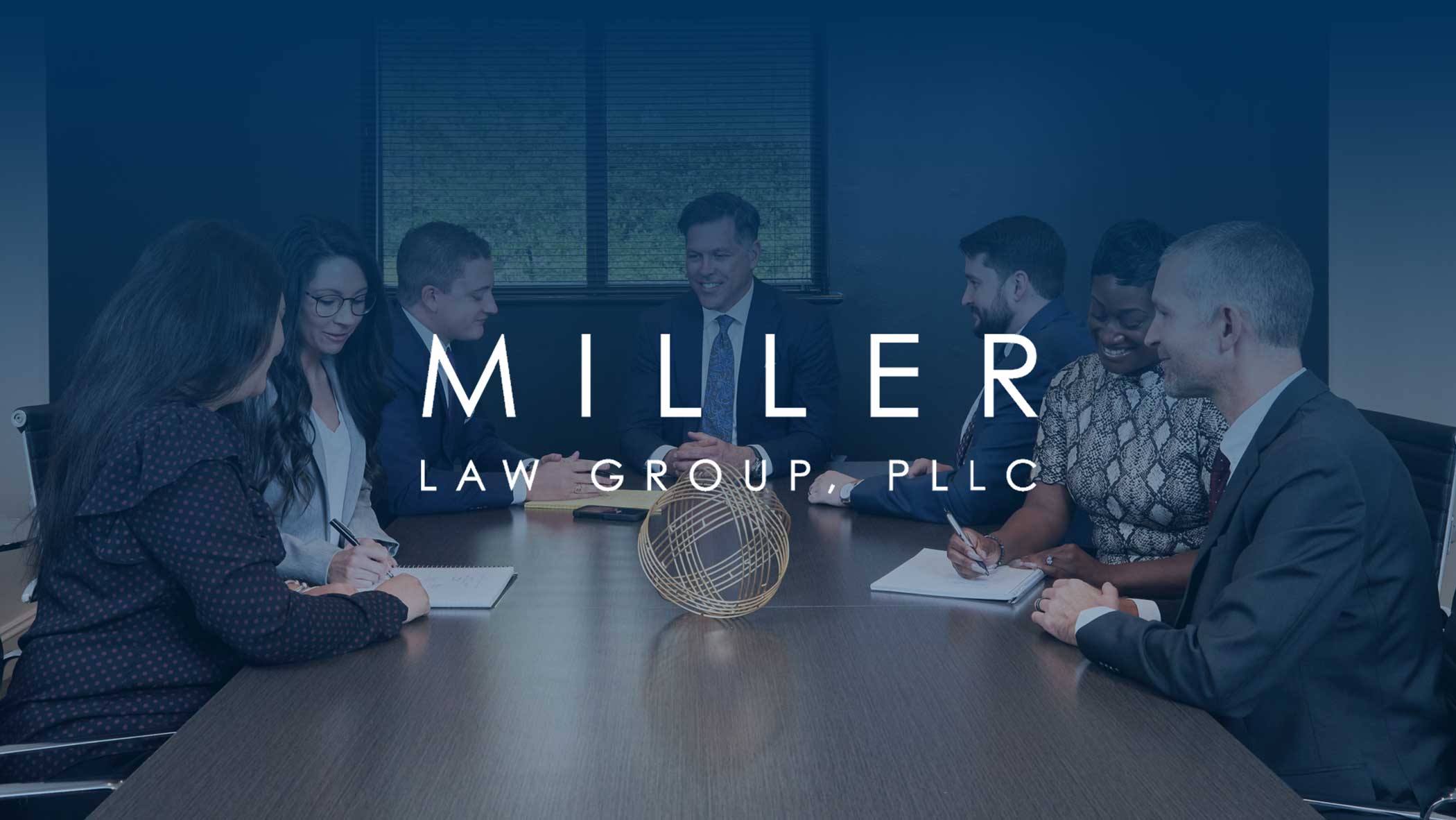Paycheck Protection Program Explained

Under the Paycheck Protection Program (“PPP”), Congress has authorized up to $349 billion in forgivable loans, available to small businesses during the COVID-19 pandemic to help supplement payroll and other business needs. With such a large investment, enforcement actions by the government are surely around the corner. Understanding PPP is critical for businesses who wish to avoid government investigations.
Below are a few key points promulgated by the Treasury Department that all businesses need to understand:
Requirements for loan forgiveness:
- Proceeds are used for permissible expenditures; and
- Employee and compensation levels are maintained.
The Loan will not be forgiven if funds are used for impermissible expenditures. Also, the amount of forgiveness may be reduced if the number of full-time employees are reduced, wages and salaries are reduced by more than 25%, or if wages and employee numbers are not restored by June 30, 2020.
Permissible uses of loan funds:
- Payroll costs;
- Interest on mortgages, incurred before February 15, 2020;
- Rent, for leases in effect before February 15, 2020; and
- Utilities, if service began before February 15, 2020.
“Payroll costs” include:
- Salary, wages, commissions, or tips, capped at $100,000;
- Employee benefits; and
- Payroll tax.
This is merely an overview of PPP regulations. Business owners should be careful not to run afoul of these regulations. The government has expressly stated its intent to conduct audits and initiate criminal prosecutions against those who use funds for impermissible purposes.
If you are facing a government investigation, contact the attorneys at Miller Law Group today for a free consultation. Do not leave yourself or your business open to possible liabilities.
Additional Resources:
CARES Act and Paycheck Protection Program Audits
Two Ways the CARES Act Could Affect You and Your Business
Department of Justice Continues to Work with Whistleblowers During COVID-19 Pandemic

